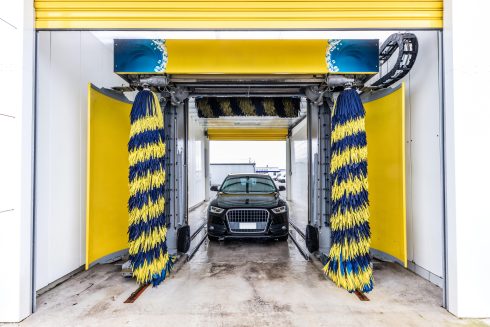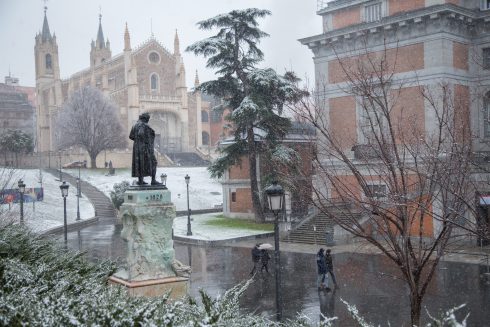THE third day of July sees the traditional State of the Nation debate between Señor Zapatero and shadow leader Mariano Rajoy.
This annual event is usually won by the socialist leader, who with his smart suits, facial gestures and hand movements, seems to have learnt a few tricks in vacuity and substance from former UK PM TB.
Rajoy, on the other hand, comes over like your best friend’s boring dad in a cheap looking very expensive suit; with his constant contradictions to the socialist leader’s statements, it is like watching Tweedledum and Tweedledee.
This year’s debate is being hyped as the unofficial beginning of a campaign that will lead us to a General Election in March next year.
So before all the hyperbole July 3 will spurt forth, what is the true state of the nation?
A survey recently showed immigration is your average Spaniard’s greatest worry – this is painfully clear after the advances the far-right made in the municipal elections with their nationalistic messages.
Next on the worry list is terrorism – both the Eta and Islamo-fascist brand. The Basque group recently cancelled the “permanent” ceasefire and the recent discovery of a carload of explosives shows Eta means business.
If campaigning for next year’s general election is punctuated by Eta bomb attacks, then Zapatero could face punishment from the very electorate who voted him and his socialist government into power in 2004.
Many see his decision to enter into negotiations with the separatist group as a “betrayal” to Eta’s many victims.
However, he should be applauded for taking the bold steps towards a more harmonious existence with those who want independence from Spain.
Then comes stability. For this, read employment and personal finances. And recent figures could set the alarm bells ringing for the government.
The average salary in Spain is down 4 per cent on 1995’s average. Spain is the only country in the OCDE – that powerful free market block of the world’s richest countries – to have witnessed a decrease in salaries.
Leading politics expert at the Pompeu Fabra University in Barcelona, Vicenç Navarro was warned the gap between the rich and poor in Spain has never been greater during the country’s fledgling 30-year democracy.
This is despite the financial feel-good factor many analysts would have you believe exists in Spain. The truth is vastly different.
Inflation has gone up and the real GDP is set to fall to just 2.2 per cent by 2011. The price of everyday goods and basic luxuries such as a loaf of bread or a coffee in your favourite bar costs you 60 per cent more today than what it did in 2001, despite people earning less.
House prices – even the pokiest flat in the dingiest of urban areas – are beyond the reach of Spain’s youth. And when they can afford to buy a home, a couple’s average joint income of around 1,500 euros per month barely covers the mortgage repayments and monthly bills.
For all the admiral moves this administration has made – such as creating laws to protect the environment and enforcing a greater female presence in boardrooms up and down the country, economic reform has not been dealt with.
The next government – be it PSOE or PP – must deal with this to ensure Spain’s financial future remains as bright as its sun.





